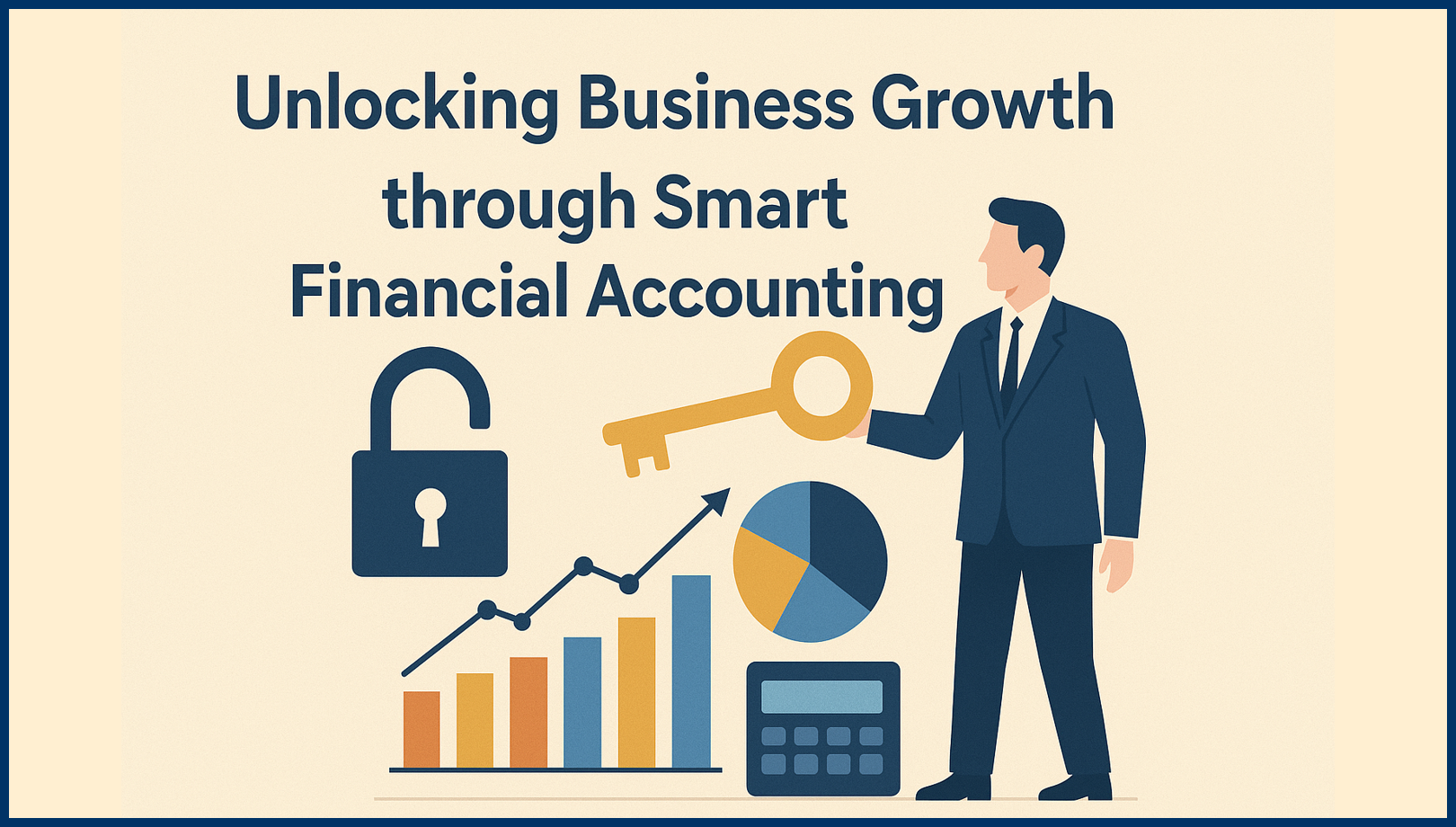If you do your own business accounting, stop making these mistakes if you want to keep your business healthy and thriving.
1. Stop Treating Cash Flow Like a Secondary Concern
Profit might grab the headlines, but cash flow is what keeps your business alive day-to-day. You can have booming sales and still find yourself struggling to cover payroll, pay suppliers, or keep the lights on. Why? Because cash flow is not only how much money you’re making—it’s also the timing of when that money lands in your bank account. A business with positive cash flow knows exactly when cash is coming in and going out, allowing it to operate smoothly without financial hiccups.
To get a true handle on your cash flow, start with a rolling cash flow forecast that looks not just at the current month but six to twelve months ahead. Identify periods when cash might be tight, like seasonal slowdowns or large upcoming expenses, and plan for them now. Use this forecast to make informed decisions: delay a big purchase, adjust your invoicing terms, or tighten up on credit offered to customers. This proactive approach keeps you ahead of cash shortages and avoids the domino effect of missed payments, overdraft fees, and rushed borrowing.
Try cash flow management tools like Float, Pulse, or Fathom that integrate with your accounting software to automate cash flow forecasting and give you visual dashboards. These platforms can help you see the impact of your business decisions before you make them. When you understand the flow of cash through your business, you gain the power to make strategic moves, avoid unnecessary costs, and maintain stability, allowing you to seize growth opportunities with confidence.
2. Stop Letting Old-School Tools Run Your Business
Seriously, if you’re still managing your books with spreadsheets or outdated software, you’re playing with fire. Sure, it works (so far), but at what cost? If you’re still juggling your finances with spreadsheets or clunky, outdated software, you’re not just behind the times—you’re holding your business back. While those old-school tools might have gotten you through the early days, the hidden costs are adding up: hours lost to manual data entry, costly errors that fly under the radar, and the missed opportunities that come from not having a clear, real-time view of your business’s financial health. It’s time to stop working harder and start working smarter with the right tools.
Modern accounting platforms like QuickBooks Online, Xero, and FreshBooks are more than just digital ledgers—they’re powerful business management tools that provide real-time insights, streamline your processes, and offer automated solutions that save time and reduce human error. Imagine automatically syncing your bank transactions, generating invoices with a click, and tracking expenses from your phone. These platforms don’t just make bookkeeping easier; they provide dynamic dashboards and reports that let you see exactly where your money is going, who owes you, and where you can save. This level of visibility transforms accounting from a necessary chore into a strategic advantage.
For businesses looking for even deeper insights, platforms like Zoho Books or Wave go a step further by integrating with CRM systems, inventory management, and even project tracking tools, turning your accounting software into a central hub for your entire operation. The best part? Many of these tools come with mobile apps, so you can keep tabs on your finances from anywhere, making sure your business never skips a beat—even when you’re on the go.
Future-proof your business. These modern tools provide the scalability and flexibility you need to grow without the headaches that come with outdated processes. Make the switch today, and you’ll free up your time, reduce costly mistakes, and gain the financial clarity you need to make smarter, faster decisions for your business.
3. Stop Viewing Your Financials as Just Numbers
If you’re only pulling out your financial statements at tax time, you’re leaving some of the most valuable insights about your business on the table. Financial statements are more than required compliance documents—they are a strategic roadmap that can guide every decision you make. Your profit and loss statement, balance sheet, and cash flow statement are snapshots of the past, present and future; they’re data reveals where your business stands right now and where it’s headed. To leverage these insights, you need to look beyond the numbers and research the story they tell.
Start by regularly reviewing key metrics like your gross profit margins, operating expenses, and revenue streams. Are your margins shrinking? That’s a signal to investigate rising costs or inefficiencies in production. Is one product or service consistently dragging down your profits? It might be time to reevaluate pricing, marketing, or even eliminate it altogether. Trend analysis is crucial—monthly and quarterly comparisons can reveal patterns that help you predict future performance and adapt proactively rather than reactively.
Use your financial data to set key performance indicators (KPIs) and measure your progress toward goals. For instance, if you notice that your accounts receivable turnover is slowing, it’s a sign you may need to tighten your credit policies or improve your collections process. Consider financial analysis tools like LivePlan, PlanGuru, or Spotlight Reporting, which can convert your raw data into actionable insights, projections, and scenario planning. These tools not only help you see the current health of your business but also allow you to model different scenarios, such as launching a new product, expanding into a new market, or adjusting prices.
By taking your financial data seriously and treating it as an ongoing dialogue with your business, you can empower yourself to make data-driven decisions that cut costs, increase efficiency, and ultimately drive growth. Your financial statements are the pulse of your business; learn to read them well. Truly understanding your financials, is one of any business’s most powerful strategies for decision-making that can set you on a path to sustained success.
Your financial statements are your business’s maps showing where you’ve been; where you’re at; and the guide leading you to where you want your business to go. Upgrade your thinking and processes, and start seeing your accounting not as a tax chore but as a powerful, and insightful tool for your business’s future.






